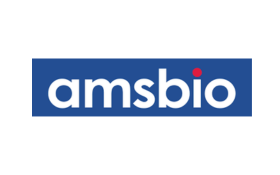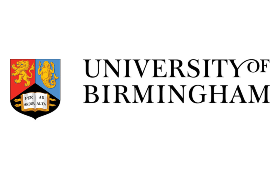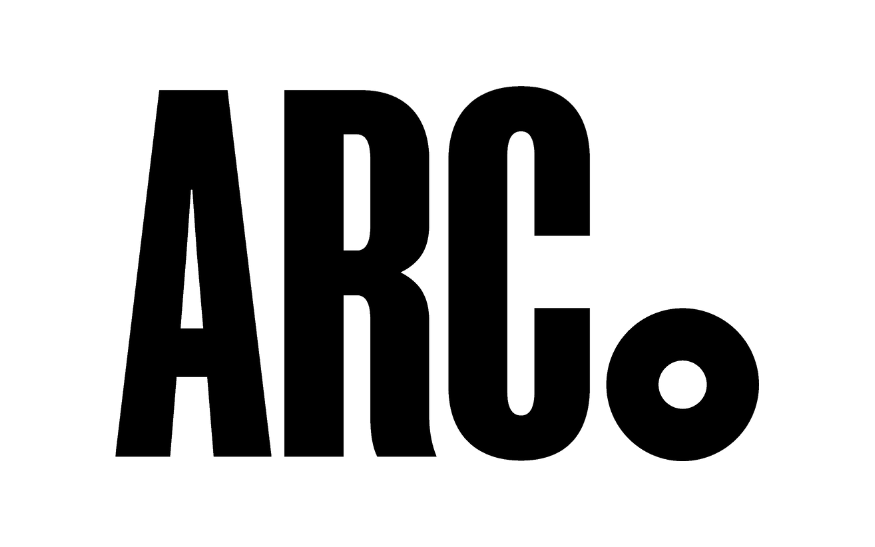Life Science REIT’s Oxford Technology Park Innovation Quarter hosts spotlight event on the latest R&D developments in Cell & Gene Therapy

Oxford Technology Park’s (“OTP”) Innovation Quarter (“IQ”) hosted keynote event for the industry on the 14 May 2024 with life science networking organisation OBN, which brought together some leading UK cell and gene therapy (“C>”) companies to discuss the latest R&D trends in the C> space.
C> involves using cells or genetic materials to affect changes inside patients’ tissue, cells or DNA and helps to cure illness across all therapeutic classes.
Fresh insights published earlier this year by the UK BioIndustry Association (“BIA”) highlighted the UK’s leadership position in this field, with UK C> companies dominating life sciences investment, raising more than half of the VC funding secured by European companies in 2023.
The BIA’s data showed that the UK is leading clinical development in the [European] C> space with 84 drugs in development, significantly ahead of France (45), Spain (44) and Germany (40).
Providing the infrastructure to support this work is one of the strengths of the UK and, here at Life Science REIT, we’re focused on providing real estate that can support life science companies throughout their growth.
OTP is a great example. In a supply constrained market, its proximity to the university and neighbouring Begbroke Science Park means it is uniquely positioned to provide a collaborative working environment to life science companies attracted by the benefits of co-location – in particularly knowledge sharing. The park comprises six completed buildings totalling 231,500 sq. ft. and 388,100 sq. ft. of development space. Existing occupiers in the sector include Native Antigen and Oxford Gene Technology.
At the event, attendees heard from Keynote Speaker, Joanna Brewer, CSO of Adaptimmue, a leading cell therapy company. Adaptimmune is working to introduce the world’s first engineered T-cell therapy product to the market to combat solid tumors which has shown unprecedented success rates for patients. If FDA regulatory approval is obtained in August, this will be the first product of its kind. The company has also spearheaded allogenetic cell therapy research and showed preliminary success for cancer treatment.
In addition to this, Co-Founder and VP of Research Operations at Resolution Therapeutics, a pioneer Macrophage cell therapy company focused on resolving inflammatory organ diseases, Lara Campana, spoke passionately about the team’s recent positive clinical proof of concept trial showing effective treatment resulting in no adverse clinical events for advanced liver disease patients. Resolution Therapeutics’ research has provided hope for a cure for liver disease which was previously thought irreversible.
In the gene therapy space, we heard from Felix Dobbs, the Co-Founder and CEO of Broken String Biosciences. The company was founded as a result of a collaboration between Cardiff University and AstraZeneca and raised $15 million Series A funding from global VCs. The company works to improve the safety and effectiveness of gene editing therapies by identifying off-target activities which is crucial to making transformative treatments safe and accessible for patients.
The closing presentation was from Kevin Vela, Collaboration Manager from Cell & Gene Therapy Catapult, a network of world-leading technology and innovation centres, established by Innovate UK, the UK’s innovation agency. The C> industry is at an inflection point where scientific advances and demand for CG&Ts are outpacing innovations in scalable manufacturing and supply chain technologies. Catapult have a proactive solution: establishing GMP-accelerator testbeds as services for industrial scale-out and scale-up of CGT manufacturing to help enable the next generation of manufacturing processes for wider patient access and cost-effective commercialisation.



C> is attracting growing amounts of capital reflecting its increasing importance in the UK life sciences industry. However, there remains an acute demand-supply imbalance for high-quality lab space in the Golden Triangle which is the focus of our business. We are pleased to have reached practical completion last year on 69,700 sq. ft. of space at the IQ at OTP with a further 388,100 sq. ft. in development. Within the IQ are highly flexible, two-storey hybrid buildings, or “Tech Boxes”, which are uniquely suitable to C> company needs. These boxes are flexible spaces and can be suitable for integrated GMP manufacturing, wet and dry labs as well as write-up office space. In addition to this, the rents are typically more affordable, reflecting lower construction costs and making the space more attractive to emerging life science business.
At Rolling Stock Yard, our asset in the heart of London’s Knowledge Quarter we offer plug and play, fully fitted labs, which has been well received by C> companies. Examples include gene therapy companies Beacon Therapeutics, Gyroscope Therapeutics and Purespring Therapeutics as well as gene sequencing technology company, PacBio Inc. We are pleased to play our part in aiding the growth of this vital sector by providing appropriate and affordable space for innovative companies to thrive.




